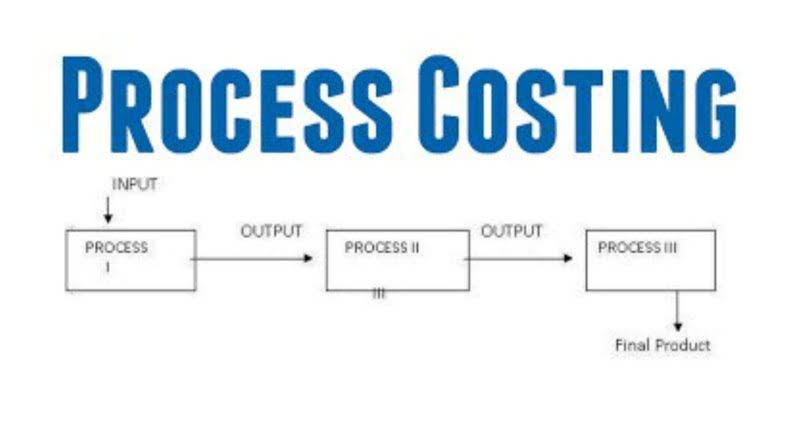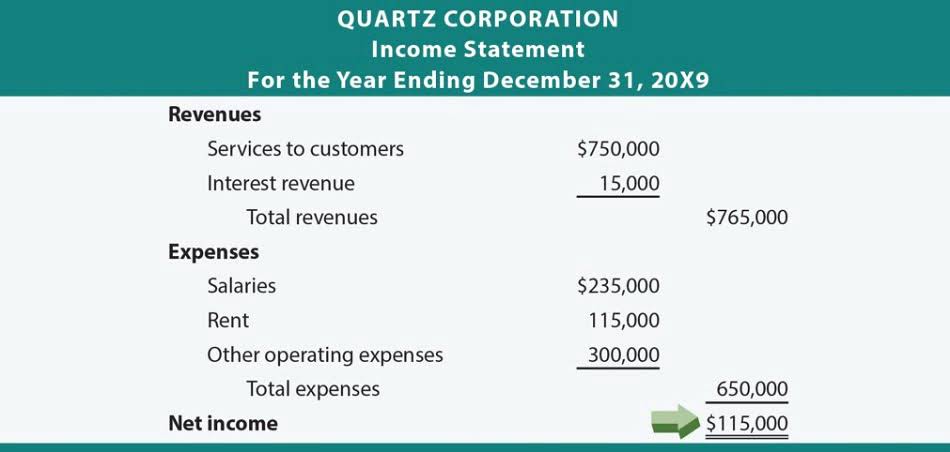
This process covers the entire lifecycle of a purchase, from requisition to payment. It can be automated using a procurement software system that can handle tasks such as requisitioning, vendor selection, purchase order creation, invoice processing, and payment approval. Payment platforms facilitate the processing of financial transactions, allowing https://www.bookstime.com/ businesses to manage payments efficiently. They can also integrate with other solutions you typically use, like ERPs, CRMs, HRISs, and business intelligence software. It’s not just a list of vendors—it’s a snapshot of the tools finance leaders are really betting on today.
Built-In Compliance Checks: Reducing Risk and Effort
Automation helps to ensure data integrity and minimizes the risk of human error in financial reporting. Today’s AI and machine intelligence can read and enter invoice data for review, flag potential issues like duplicate purchase orders, and sync with popular accounting software options. By adding rules, roles, steps, and approval processes, finance teams can make sure that the automation software matches it to the right workflow and directs it to the right people for approval automatically. First, meet with your finance team and determine what is currently working well, what needs to be improved and exactly which manual functions need to be automated.

Turning Compliance From Burden to Competitive Edge

IFRS has evolved to include guidance on how to incorporate non-financial information into financial reporting, enabling companies to provide a more holistic view of their performance. Traditional financial month-end tasks consume a significant amount of time, involving consolidating spreadsheets, manual data entry, and cross-checking figures from multiple sources. If you are looking for the best software to automate financial reporting, Martus is here to help. You can use it to produce customizable reports automatically, without relying on complex formulas or IT to pull data. While automation enhances efficiency, it also comes with challenges that can affect implementation and accuracy. You may encounter issues related to data quality, system compatibility, and regulatory compliance.
Potential Hurdles in Implementing Financial Reporting Automation
The future of financial reporting automation promises capabilities far beyond what we see today. This section explores emerging trends set to reshape financial reporting, drawing insights from technology experts and forward-thinking finance leaders. We’ll discuss how these advancements will change finance roles, the necessary skills for success, and practical steps you can take now to prepare. Furthermore, AI and machine learning algorithms identify anomalies and patterns that humans might miss.
- With its ability to analyze vast amounts of historical and current data, AI can identify emerging financial trends, anticipate market changes, and provide forecasts for your company’s future performance.
- The real insider discussions happen once teams outgrow these utilities and start layering in specialized finance AI.
- Throughout this article, we’ll explore the key features, benefits, and best practices of automated reporting tools.
- For instance, if you work with the Microsoft ecosystem and want to create highly visual reports, Power BI is a top pick.
- Automation platforms allow you to maintain strict data governance as employees collaborate on financial reporting based on user roles.
- Typically, these include your accounting tools and financial management platforms, such as QuickBooks, Xero, Freshbooks, or Sage Intacct.
How to Automate Financial Reporting in 2025?

In an increasingly customer-centric business environment, customer satisfaction is always at the top of mind. Customer support teams can leverage automated reporting software to keep track of customer service KPIs, such as issue numbers and response times. Most automated reporting tools include advanced technologies like artificial intelligence and machine learning. We briefly mentioned that it’s easy to consider business intelligence tools and automated reporting tools as the same thing.
What financial reporting tasks can you automate?

Steps for proper data validation include creating clear data standards, setting review schedules, standardizing collection and storage, and adding automated checks. By reducing the need for manual work, finance reporting automation minimizes labor costs and enhances resource allocation. Automation-powered reporting tools can also help teams provide a clear and consistent view of financial performance and risk. Yet too many financial teams still operate in yesterday’s world of disparate data sources and manual processes — and that’s a problem for many reasons. Effective training and ongoing support are crucial for the successful adoption of financial reporting automation. Provide comprehensive training to your finance team, covering both the technical aspects of the software and the updated workflows.
- While automating financial reporting offers numerous benefits, it’s essential to be aware of the potential challenges you may face during the implementation process.
- Automation software allows firms to scale by streamlining workflows, reducing manual tasks, and improving efficiency.
- In turn, you can enhance your decision-making process and build confidence in your financial reports.
- Organizations can implement robust security measures, including data encryption, firewalls, intrusion detection systems, and stringent user access controls, to mitigate these risks.
- Coupler.io enables you to implement finance function automation by gathering data from multiple platforms or databases.
For instance, a retail company used Lark to automate its invoice generation process, which resulted in significant Statement of Comprehensive Income time savings and improved accuracy. Similarly, a manufacturing firm used automation tools to streamline its account reconciliation process, leading to faster financial reporting and enhanced compliance. In a business environment where timely and accurate financial data is crucial, automation brings significant benefits. It simplifies complex financial processes, reduces human error, and provides real-time insights.
Financial reporting automation tools
Finance teams and executives can check the status of any process, view up-to-the-minute figures, and access interactive dashboards that reveal the organization’s financial health at a glance. Once collected, the reporting automation tools consolidate data from disparate sources into a unified format. The system cleanses data, standardizes formatting, converts currencies if needed, and organizes information according financial reporting automation to your chart of accounts and reporting structure. Automated financial reporting is no longer a “nice-to-have;” it’s a prerequisite for businesses to scale without friction. The increasing complexity of data, expanding operational footprint, and heightened regulatory scrutiny demand a level of agility and accuracy that spreadsheets simply can’t provide.




